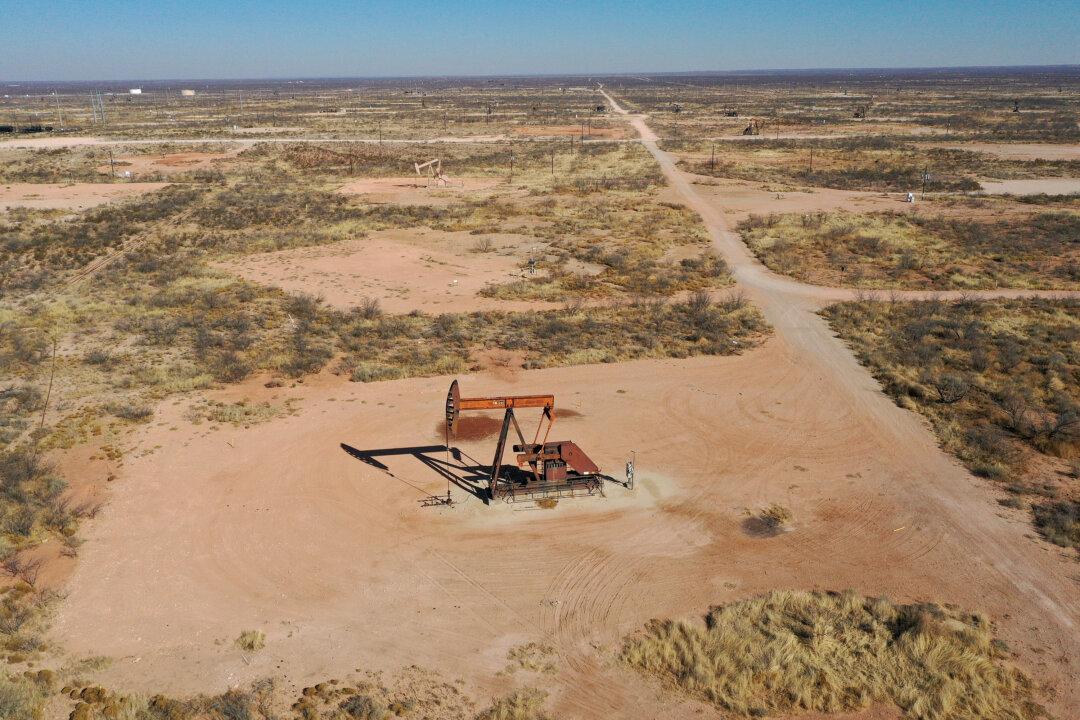ExxonMobil said Wednesday it would buy U.S. shale driller Pioneer Natural Resources in an all-stock deal valued at $59.5 billion, or $253 per share.
Including debt, the proposed deal rises to a value of $64.5 billion.

ExxonMobil said Wednesday it would buy U.S. shale driller Pioneer Natural Resources in an all-stock deal valued at $59.5 billion, or $253 per share.
Including debt, the proposed deal rises to a value of $64.5 billion.